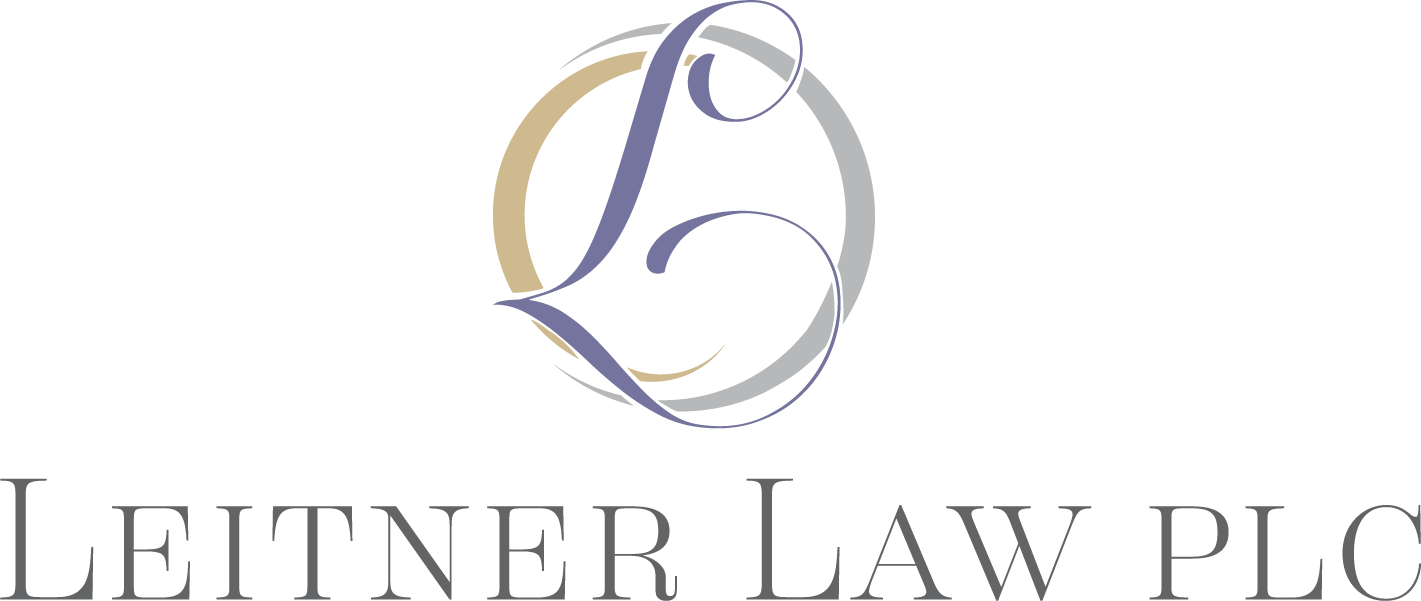You Can Stretch the Gift Tax Limit by Paying for Education or Health Care
If you want to make a gift to family members but have exceeded the annual gifting limit, there is another way. Payments for a family member’s education or health care expenses are exempt from the gift tax.
The annual gift tax exclusion for 2021 is $15,000. This means that any person who gave away $15,000 or less to any one individual does not have to report the gift or gifts to the IRS. Any person who gave away more than $15,000 to any one person (other than their spouse) is technically required to file a Form 709, the gift tax return.
One way for a gift to be exempted from reporting requirements, no matter the gift's size, is to pay for someone else's medical care or educational tuition. A payment to a school must be made directly to the school (schools include not just colleges but nursery schools, private grade schools, or private high schools). The payment must be for tuition only—it cannot cover room and board or books. Pre-payments can often be made as soon as the person is admitted to the school. However, if you contribute to someone else's 529 college savings plan, you are subject to the $15,000 gift exclusion rule. A special regulation in the tax code enables a donor to use up five years' worth of exclusions and gift $75,000 (in 2021) to a 529 at one time.
With regard to medical expenses, the payment must be made directly to the health care provider or to a company that provides medical insurance. You can pay for the diagnosis, cure, mitigation, treatment, or prevention of disease. In some circumstances, you may also be able to pay for transportation or lodging for the person seeking medical care. If the person is reimbursed by medical insurance for the care, the payment is not exempt from the annual gifting limit.
To find out the best way to provide for your loved ones without paying gift taxes, reach out to your estate planning attorney.


